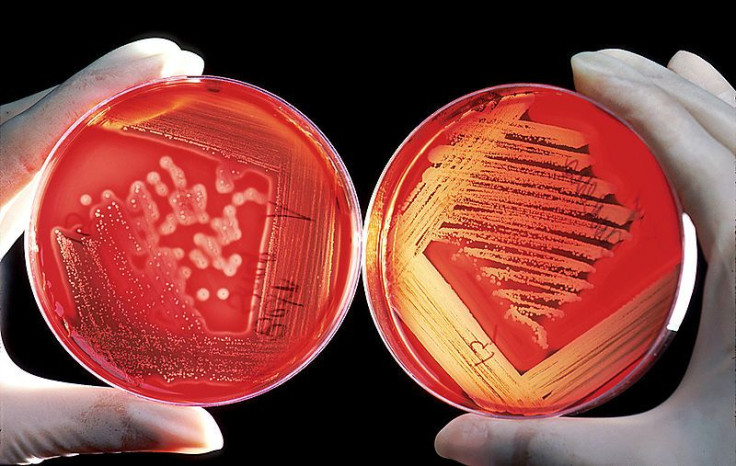The Blood Type Diet: Will Basing Food Choices On Your ABO Blood Group Slim Your Thighs?

Although it may sound strangely vampiric, the Blood Type Diet is based on the theories of Peter D’Adamo, a naturopathic physician, and rooted in the ABO blood group system. The system was first discovered by the Austrian scientist and Nobel prize-winner Karl Landsteiner. In 1909, he classified human blood into the A, B, AB, and O groups and then showed how transfusions between individuals of groups A or B do not result in the destruction of new blood cells and this only occurs when a person is transfused with the blood of another belonging to a different group.
Based partly on this significant discovery, D’Adamo developed his theory of personal diet, which he explains in his book, Eat Right For Your Type.
Theory
Depending on individual blood type, D’Adamo says, each individual reacts differently to substances called lectins, which are present on the surface of all plant and animal foods. D’Adamo maintains eating the wrong foods for your blood type creates problems that lead to inflammation, weight gain and disease. To support his theory, D’Adamo notes the different populations of intestinal microbiota – the bacteria in your gut -- persist from ancient adaptations to different food supplies as humans migrated across the globe.
Blood type is inherited; each of us is a descendent of people who migrated from particular regions. Because of this, each of us naturally breaks down certain foods more efficiently depending on our blood type. If you adopt the dietary pattern common to the time and place at which your blood type emerged, then your digestive function would be optimized and you would have less problems with weight, inflammation and disease.
As described in For Women First, D’Adamo believes (in very broad terms) that type A developed as people began cultivating crops, so their intestinal microbiota are adapted for plant foods. Type B people descended from nomadic tribes who raised herds; they do well on a diet of plant foods and red meat. Blood type AB people find their ancestors among both the A and B populations so their digestive tract has the combined strength of both groups. Finally, type O people, who are descendants of hunter-gatherers, respond well to meat while doing poorly with bread and gluten products.
Genetic Inheritance
Is D’Adamo correct in his understanding of diet and blood type?
He is certainly correct in his understanding of gut microbiota. In a study conducted just last year, researchers from the Finnish Red Cross Blood Service found that specific blood groups modulate differences in the proportion and overall profile of intestinal microbiota. On the other hand, a recent study conducted by researchers in Belgium finds no evidence to “validate the purported health benefits of blood type diets” and more studies would be required to support claims of the diet's effectiveness.
Certainly, in other parts of the world, people may be more receptive to theories linking blood type to a natural diet. For instance, in Japan, it is popularly believed that blood type is tied to personality, much like some people believe Astrology may shape character. In fact, some Japanese employers go so far as to ask blood types at job interviews, according to BBC News. Type A people (roughly 40 percent of the Japanese population) are viewed as good team players, perfectionists, and over-anxious. Blood type B people (20 percent of the population in Japan) are cheerful, eccentric, individualistic, and selfish. Commonly it is believed ABs (10 percent) have arty, mysterious, and unpredictable temperaments, while Type Os (30 percent) are curious, generous, and stubborn. If hiring decisions are based on type, then the Japanese, in all likelihood, would enjoy eating according to type.
Source: Cusack L, DeBuck E, Compernolle V, Vandekerckhove P. Blood type diets lack supporting evidence: a systematic review. American Journal of Clinical Nutrition. 2013.
Makivuokko H, Lahtinen SJ, Wacklin P, Tuovinen E, Tenkanen H, Nikkila J, et al. Association between the ABO blood group and the human intestinal microbiota composition. BMC Microbiology. 2012.
Published by Medicaldaily.com



























